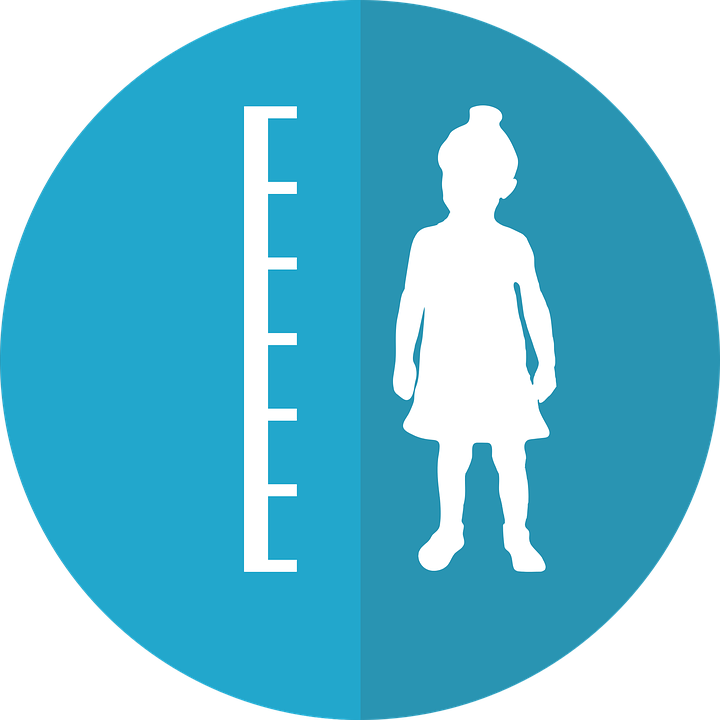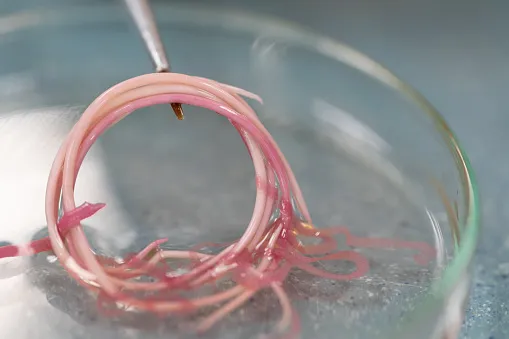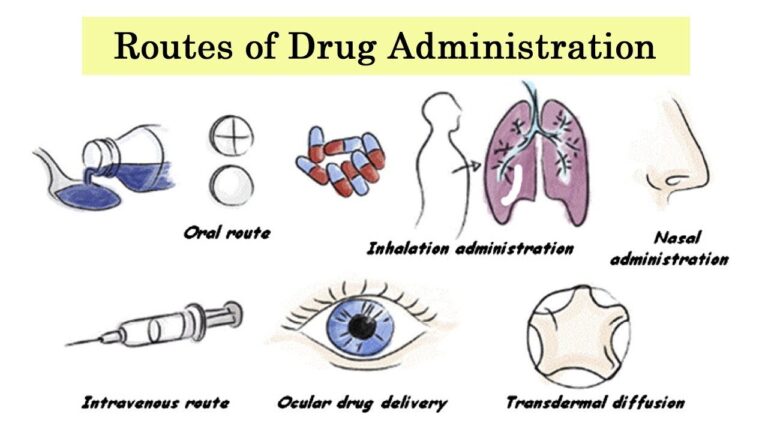Medical Terminology: Common Prefixes, Roots, And Suffixes
In medical practice, there is peculiar medical terminology in form of prefixes, roots, and suffixes used, most of which are common to every medical practitioner. These prefixes, roots, and suffixes help medical professionals to have a full grasp of the medical terminology.
Every professional field has its jargon and this jargon is been used whenever they don’t want someone outside their field to understand what they are saying and also for a consensus among the particular professional field.
A prefix is a letter or word(s) that appears at the start of medical terminology. The prefix changes how the word is used in medicine. Correct prefix spelling and pronunciation are crucial.
Many of the prefixes found in medical terminologies are also found in the English language and that means having a good knowledge of English prefixes will also guarantee your good knowledge of medical prefixes.
Usually, the descriptive portion of medical terminology is found in the prefix. The prefix refers to qualities like a place, a direction, a number, a quantity, an amount, a size, or a color.
Suffixes are word components that appear at the end of words. Medical terminology meanings can be changed by suffixes. The suffix completes the word and gives meaning to the medical terminology.
The suffix may designate a condition, process, procedure, specialty, test, or status. Suffixes are not always spelled out in the definition of a word. It’s typical for organizational definitions of medical terms to omit explicit mention of suffixes.
Nonetheless, the suffix would always be made explicitly clear when translating or interpreting clinical information.
The subject of the medical terminology is provided by the root. It is the fundamental meaning of the word and frequently refers to a bodily organ or system. Whenever the prefix is existent, the word is formed by the root.
If there is no prefix, the word’s root will be its first component. The position of the root is determined by the presence or absence of the prefixes.
The vocabulary used in the healthcare industry to describe anatomy, structures, conditions, diagnoses, procedures, treatments, and much more is known as medical terminology.
Prefixes, roots, and suffixes are part of the languages used in medical terminology. Prefixes, roots, and suffixes are frequently used in conjunction to define the meaning of medical and nursing terminologies.
The beginning of the medical terminology is the prefix, and the middle of the medical terminology is the root, while the ending of the medical terminology is the suffix.
Medical Terminology: Common Prefixes, Roots, And Suffixes
Below Is a Comprehensive List Of Common Prefixes And Their Meaning With Some Example As Used In Medical Technology:
Common Prefixes In Medical Terminology
- A-, An- Without; Lacking example Anorexia.
- Andr/o- Male example Androgen
- Anti- Against example (e.g) Antibodies
- Auto- Self e.g Autoimmune
- Bio- Life e.g Biology
- Chem/o- Chemistry e.g Chemotherapy
- Contra- Against e.g Contraceptive
- Cyt/o- Cell e.g Cytokine
- Dis- Separation; Taking apart e.g Dissection
- Dys- Difficult; Abnormal e.g Dyspnea
- Eu- Good; Well e.g Eupnea
- Fibr/o- Fiber e.g Fibrosis
- Gluco-, Glyco- Glucose; Sugar e.g Glycogen, Glucagon
- Gyn/o-, Gynec- Female e.g Gynecologist
- Hydr/o- Water e.g Hydrocephalus
- Idio- Self; One’s own e.g Idiopathic
- Lyso-, Lys- Break down; Destruction; Dissolving e.g Lysosome
- Mal- Bad/ Abnormal e.g Malignant
- Myc/o- Fungus e.g Mycetoma
- Necr/o- Death e.g Necrosis
- Neo- New e.g Neonatal
- Oxy- Sharp, Acute, O2 e.g Oxytocin, Oxygen
- Pan-, Pant/o- All/everywhere e.g Pancytopenia
- Pharmaco- Drug/Medicine e.g Pharmacology
- Re- Again or Backward e.g Rejuvenation
- Somat/o-, Somatic- Body or Bodily e.g Somatic cell
Common Suffixes In Medical Terminology
Below Are a Comprehensive List Of Common Suffixes And Their Meaning With Some Example As Used In Medical Technology:
- -ac Relating to heart e.g Cardiac
- -blast, -blasto, -blastic Bud; Germ e.g Myeloblast
- -cyte, -cytic Cell e.g Thrombocyte
- -dynia Pain; Swelling e.g Thoracodynia
- -eal, -ial Relating to Esophageal
- -ectasis Expansion; Dilation e.g Atelectasis
- -emia Blood condition e.g Anemia
- -ia Condition e.g Hemophilia
- -iasis Condition; Formation of. e.g Psoriasis
- -ism Condition e.g Hypothyroidism
- -ites, -itis Inflammation e.g Gingivitis, Arthritis
- -ity Relating to Immunity e.g Immunity
- -ium Structure or tissue e.g Epithelium
- -lysis, -lytic Breakdown or Destruction or Dissolving e.g Osteolytic
- -malacia Softening e.g Osteomalacia
- -megaly Enlargement e.g Acromegaly
- -oid Resembling e.g Arachnoid
- -oma Tumor e.g Angiosarcoma
- -osis Condition; Usually abnormal e.g Endometriosis
- -ous Relating to Aqueous e.g Aqueous
- -pathy Disease e.g Lymphadenopathy
- -penia Deficiency; Lack of e.g Thrombocytopenia
- -phagia, -phagy Eating or Swallowing e.g Dysphagia
- -phasia Speech e.g Aphasia
- -plasia, -plastic Growth e.g Hyperplasia
- -plegia. Paralysis e.g Hemiplegia
- -pnea Breathing e.g Sleep apnea
- -poiesis Production e.g Hemopoiesis
- -ptosis Falling or Drooping e.g Apoptosis
- -rrhage, -rrhagic Bleeding e.g Hemorrhage
- -rrhea Flow or discharge e.g Diarrhea
- -sclerosis Hardening e.g Arteriosclerosis
- -sis Condition e.g Agranulocytosis
- -stasis Level; Unchanging e.g Homeostasis
- -trophy Growth e.g Hypertrophy
- -uria In the urine e.g Anuria
Common Roots In Medical Terminology
Below Are a Comprehensive List Of Common Roots And Their Meaning With Some Example As Used In Medical Technology:
- Abdomino = Abdomen e.g Abdominal Muscles
- Arterio = Artery e.g Arteriosclerosis
- Brachio = Arm e.g Brachial Pulse
- Bronch = Bronchus e.g Bronchitis
- Carcino = Cancer e.g Carcinogen
- Cardio = Heart e.g Cardiovascular
- Colo = Colon e.g Colonoscopy
- Cyto = Cell e.g Cytotoxic
- Derm/Dermato = Skin e.g Dermatologist
- Encephalo = Brain e.g Encephalitis
- Gastro = Stomach e.g Gastritis
- Intestino = Intestine e.g Intestinal Obstruction
- Myo = Muscle e.g Myocardium
- Neuro = Nerve e.g Neuron
- Oculo/Ophthalmo = Eye e.g Oculomotor
- Oto = Ear e.g Otoscope
- Pulmo = Lung e.g Pulmonologist
- Thoraco = Chest/Thorax e.g Thoracotomy
- Thyro = Thyroid Glands e.g Thyrotoxicosis
- Viscero = Viscera (Internal Organs) e.g Visceroceptors
- Histo/Histio = Tissue e.g Histology
- Nephro = Kidney e.g Nephrolithiasis
- Onco = Tumor/Mass e.g Oncogene, Oncology
- Osteo = Bone e.g Osteophyte
- Cranio = Skull e.g Craniotomy
- Adipo = Fat/Fatty Tissue e.g Adipose Tissue
- Adreno = Adrenal Gland e.g Adrenocortical
- Arthro/Articulo = Joint e.g Arthroscopy
- Cephalo = Head e.g Cephalocaudal
Conclusion
The use of prefixes, roots, and suffixes in medical terminology is an age-long practice. It is therefore very ideal that every medical and health get familiarized with the common prefixes, roots, and suffixes used in medical terminology.
The easiest way to know the meaning of any medical terminology is to know all the common prefixes, roots, and suffixes used in medical terminology.
And if you are confused about which prefixes, roots, and suffixes, you don’t need to, just note that the beginning of the medical terminology is the prefix, and the middle of the medical terminology is the root, while the ending of the medical terminology is the suffix.






